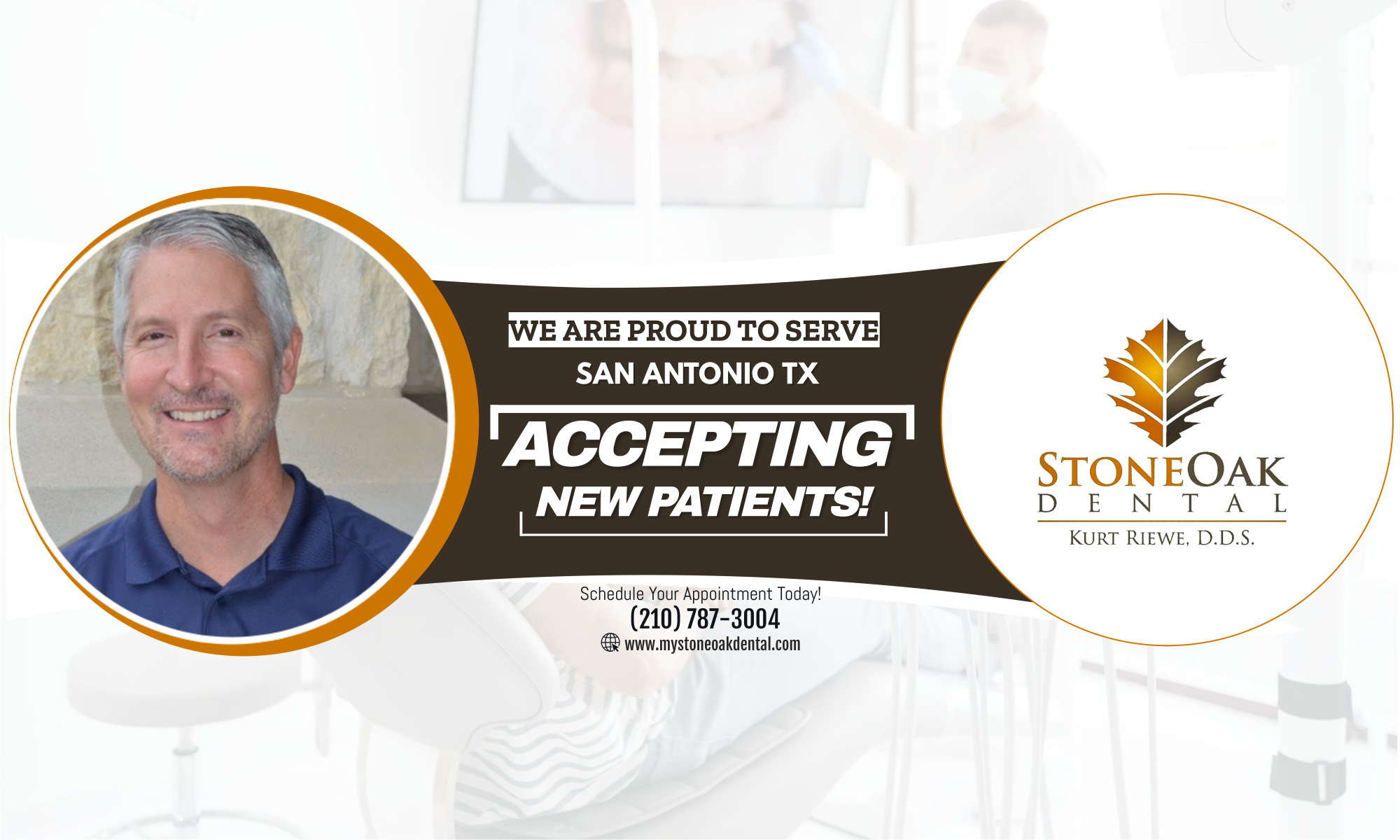Gum disease also known as periodontal disease – is an infection of the tissues surrounding and supporting the teeth and it’s a major cause of tooth loss in adults.
But it’s usually painless so you may not even know you have it.
It’s caused by plaque a sticky film of bacteria that constantly forms on the teeth. These bacteria create toxins that can damage the gums.
The early stage of gum disease is called gingivitis. In this stage, the gums can become red, swollen and bleed easily. At this stage, you can usually still reverse the disease by daily brushing and flossing.
The more advanced stage of gum disease is known as periodontitis. At this stage, the gums and bone that support the teeth can become seriously damaged. The teeth may then become loose, fall out or have to be removed by a dentist.
It’s therefore very important to look out for any signs of gum disease. These signs include:
– Gums that bleed when you brush your teeth
– Red, swollen or tender gums
– Gums that have pulled away from the teeth
– Bad breath that doesn’t go away
– Pus between your teeth and gums
– Loose teeth
– Change in the way your teeth fit together when you bite
– Change in the fit of partial dentures
If you notice any of these signs, contact you dentist quickly and they’ll help you take action to make improvements.
